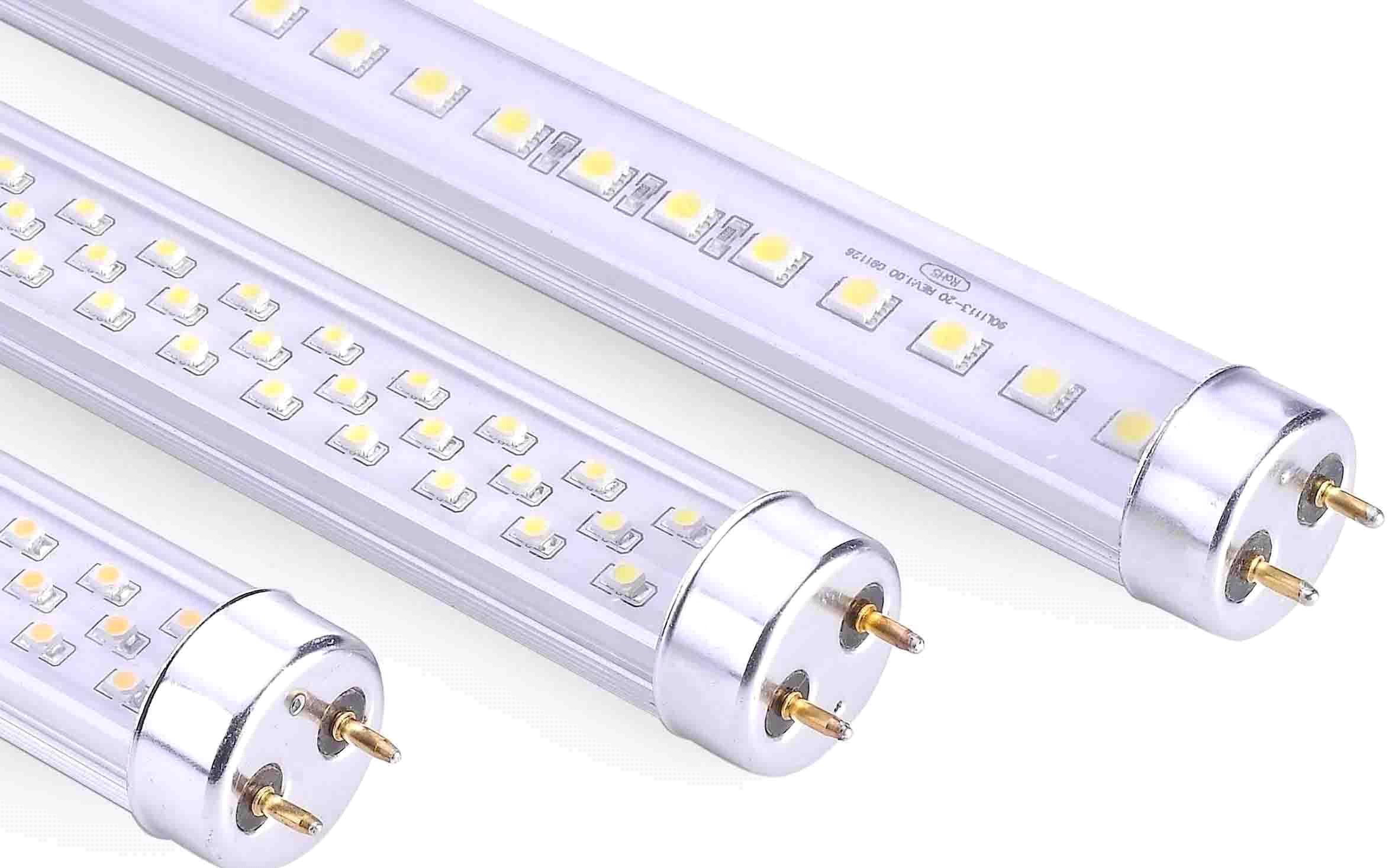October 6, 2017 | Howard Geller
SWEEP’s updated and just-published fact sheets show the benefits to consumers and the environment from energy efficiency programs implemented by electric utilities in five states: Arizona, Colorado, Nevada, New Mexico and Utah.
The fact sheets and paper demonstrate that electric utilities in the region have generated enormous economic and environmental benefits through their efficiency programs. In total, the utilities estimate that households and businesses will realize about $6.3 billion in net economic benefits as a result of energy efficiency programs implemented during 2008-16. The chart below shows the projected net economic benefits by state. Arizona leads the way, followed by Colorado and Utah.
Net Economic Benefits of EE by State 2008-2916

The benefits go beyond just utility bill savings for consumers. Utilities across the region avoided constructing eight large base-load power plants thanks to the energy savings occurring as of 2016, enough energy savings to power 1.5 million typical southwestern households. All utility customers benefit from not having to pay for those new power plants and the associated transmission lines.
The energy savings also have reduced water consumption and pollutant emissions by cutting the operation of coal- and natural gas-fired power plants. We estimate that utilities in the region reduced their water consumption by about 6.5 billion gallons and their CO2 emissions by about 9.5 million metric tons in 2016, as a result of energy efficiency programs implemented during 2008-16. These programs also cut nitrogen oxides, sulfur dioxide, particulate matter and mercury emissions, thereby improving public health.
Carbon Dioxide Emissions Reductions as of 2016 from Utility Energy Efficiency Programs

Utility energy efficiency programs have proven their value in every state in the Southwest. To build on the benefits already achieved, SWEEP urges utilities and their regulators to maintain comprehensive, well-funded utility energy efficiency programs going forward. The potential exists to achieve equal or greater benefits from programs implemented during 2017-25, compared to programs implemented 2008-16, thanks to new and emerging energy efficiency technologies such as LED lighting, WiFi-enabled smart thermostats, and advanced controls for heating, ventilation and air-conditioning (HVAC) systems. Backsliding on utility energy efficiency efforts, on the other hand, would result in higher costs for consumers, waste of precious water resources, and greater harm to the environment and public health.
Howard Geller is the Executive Director of SWEEP, a public interest venture he founded in 2001. Howard also leads SWEEP’s work on utility energy efficiency policy and programs.



